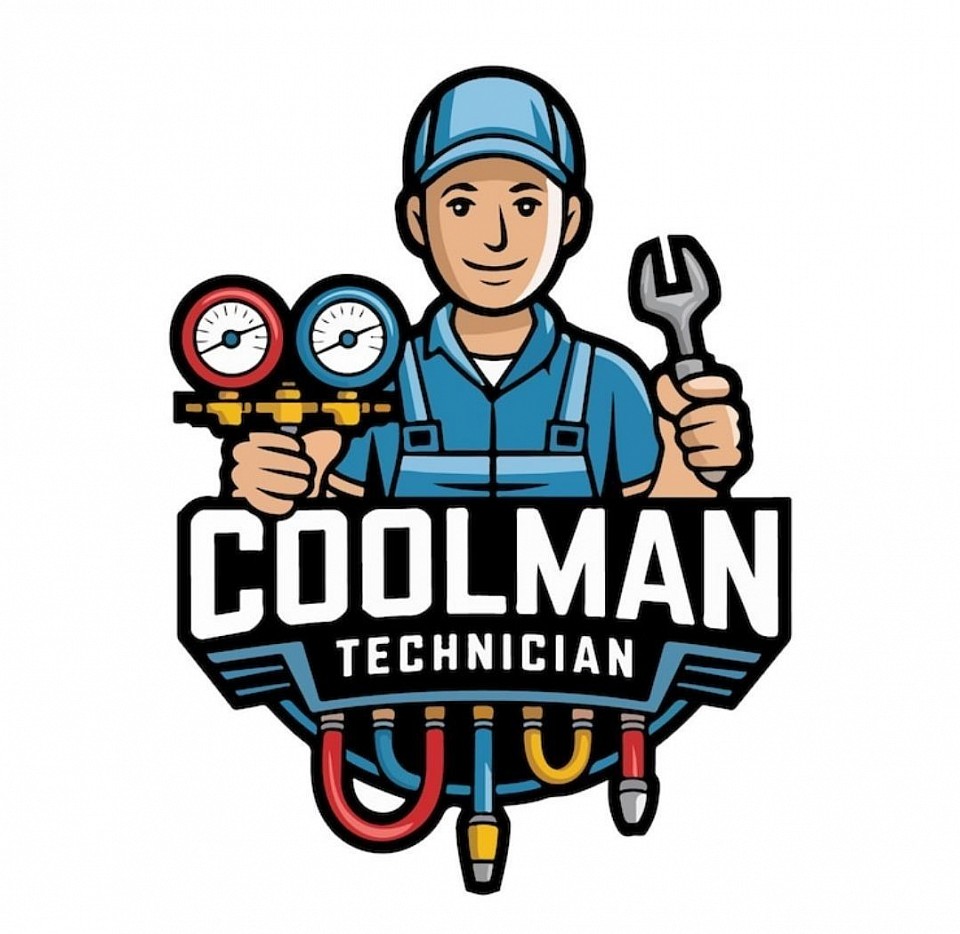9877852105

AC repair refers to the process of diagnosing, troubleshooting, and fixing malfunctions in air conditioning systems to restore them to proper working order. It encompasses a range of services designed to address issues that prevent an AC unit from cooling effectively, maintaining desired temperatures, or operating efficiently. Here's a breakdown of what AC repair typically involves: Key Aspects of AC Repair: * Diagnosis and Troubleshooting: This is the initial and crucial step. A qualified technician will use specialized tools and their expertise to identify the root cause of the AC problem. Common issues include: * No Cooling/Insufficient Cooling: This could be due to low refrigerant levels, a faulty compressor, clogged filters, or a broken fan. * Strange Noises: Rattling, hissing, buzzing, or grinding sounds can indicate loose parts, motor problems, or refrigerant leaks. * Water Leaks: Blocked condensate drains, frozen evaporator coils, or damaged drain pans can lead to water leakage. * System Not Turning On: This might be caused by electrical issues, a faulty thermostat, or a tripped circuit breaker. * Bad Odors: Musty smells can indicate mold or mildew growth in the system, while burning smells could point to electrical problems. * High Energy Bills: An inefficient AC unit due to various issues can lead to increased energy consumption. * Component Repair or Replacement: Once the problem is diagnosed, the technician will repair or replace the faulty components. This can include: * Refrigerant Recharge/Leak Repair: If low refrigerant is the issue, the technician will find and fix any leaks before recharging the system with the appropriate refrigerant. * Compressor Repair/Replacement: The compressor is the heart of the AC system, and issues with it often require professional repair or replacement. * Fan Motor Repair/Replacement: Problems with the indoor or outdoor fan motors can affect airflow and cooling. * Thermostat Repair/Replacement: A malfunctioning thermostat can lead to incorrect temperature readings or system control. * Electrical Repairs: Fixing faulty wiring, circuit boards, or capacitors. * Coil Cleaning: Cleaning dirty evaporator or condenser coils to improve heat transfer efficiency. * Drain Line Clearing: Removing blockages from the condensate drain line to prevent water leaks. * Testing and Calibration: After repairs are made, the technician will thoroughly test the system to ensure it's functioning correctly, efficiently, and safely. This includes checking temperatures, pressures, airflow, and electrical connections. * Preventative Measures and Advice: During a repair visit, technicians often provide advice on how to prevent future issues, such as regular filter changes, proper thermostat usage, and recommended maintenance schedules. Why AC Repair is Important: * Restores Comfort: The primary benefit is restoring a comfortable indoor environment, especially during hot weather. * Improves Efficiency: Repairing a malfunctioning AC can significantly improve its energy efficiency, leading to lower utility bills. * Extends Lifespan: Addressing issues promptly can prevent minor problems from escalating into major, costly breakdowns, thereby extending the overall lifespan of the unit. * Ensures Healthy Air Quality: Issues like mold growth due to water leaks can impact indoor air quality; repairs address these concerns. * Prevents Further Damage: A faulty AC can put a strain on other components, leading to more extensive and expensive damage if not addressed. AC repair is a specialized service that requires the expertise of trained HVAC technicians to ensure safety, efficiency, and long-term performance of the air conditioning system.
